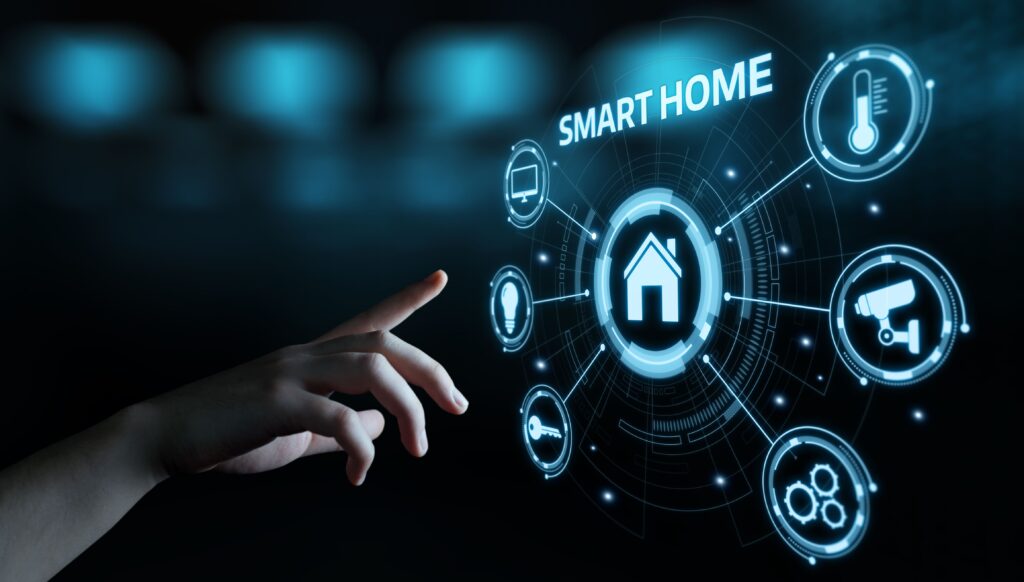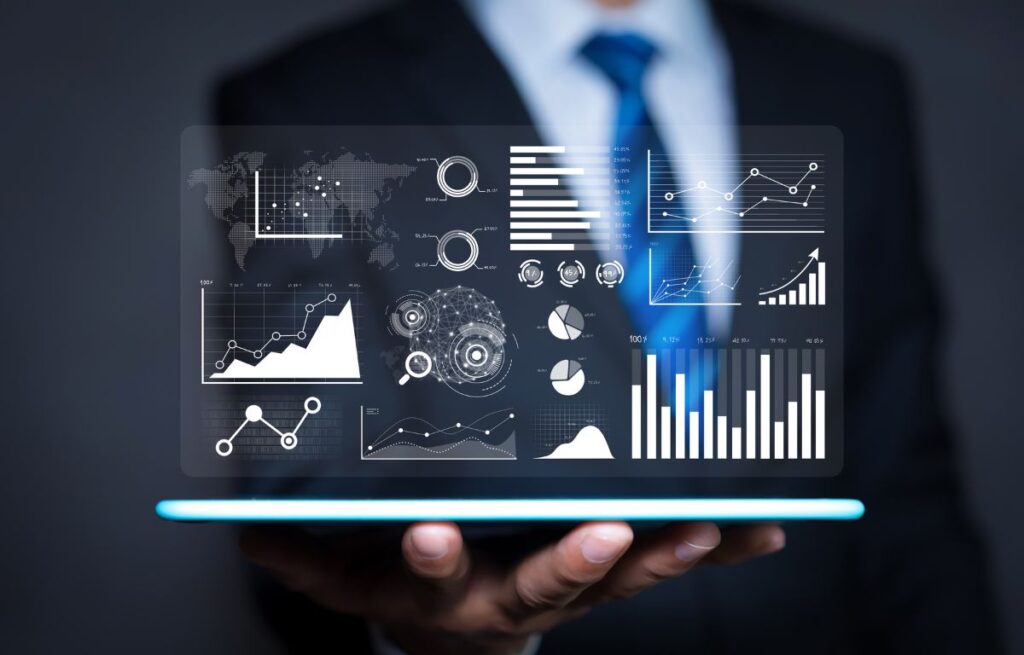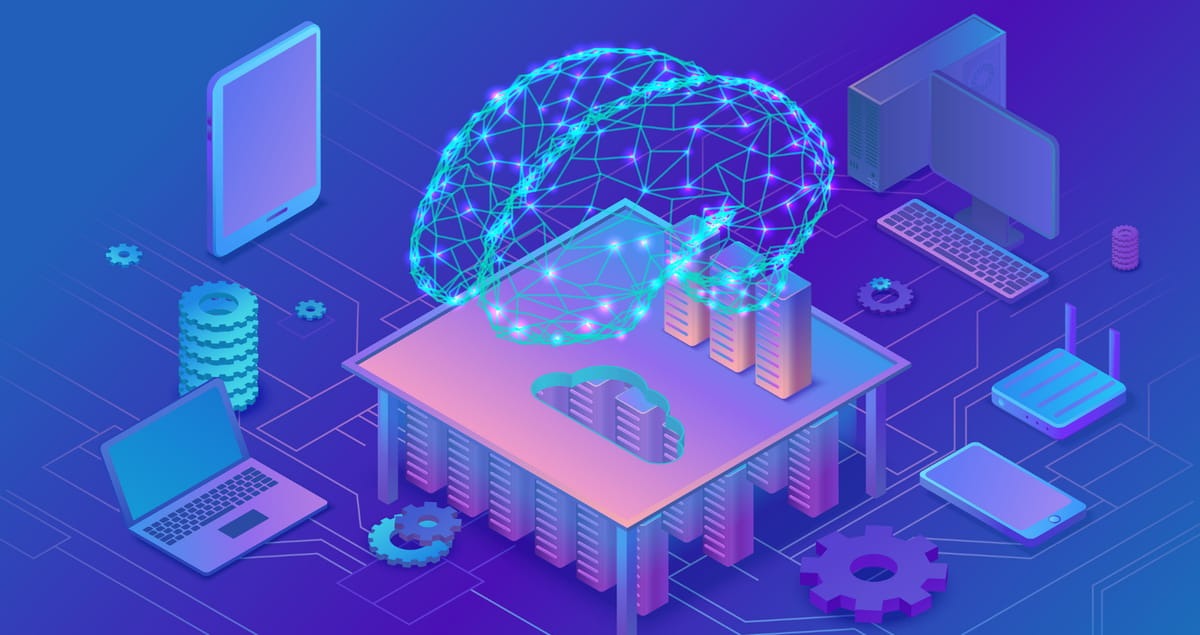The Impact of AI: How Artificial Intelligence is Transforming Society?
Artificial Intelligence is one of the most trending topics in today’s date. With the adoption of AI and Machine Learning by tech-industry leaders like Google, Facebook etc., the rest of the players in the industry are bound to follow the trend in order to survive. However, some were reluctant because they felt AI, at some point, will completely replace humans, which means lack of employment opportunities in generations that follow.
Whatever the case may be, proliferation of Artificial intelligence has affected our lives hugely. And for obvious reasons, this side of technology is seeing immense R&D and investment opportunities. As a result, the current market capitalization of Global AI Market is nearly $2.4 billion USD, which is expected to reach a whopping $59 billion by 2025.
But apart from financial and capital stats; the real question is “what is it that AI is giving us”? “How exactly it is changing our lives for good”?
Well, here’s how:
Home-Automation
One of the most notorious applications of artificial intelligence is Home-Automation. Coming home to dried & washed clothes, spotless floor, optimum air-conditioning, hot supper and what not; Home-Automation works like magic and for an average person, it is no less than a boon.
Basically a group of appliances connected to common network, AI in Home-Automation learns about your living habits, and accordingly, enables appliances to take smart and informed decisions.
According to a report published by ‘statista.com’, the Home-Automation market size would reach $40 billion by 2025.

Data Analytics
We shouldn’t be ashamed in accepting that AI has triumphed human intelligence. In a match of strategy board-game ‘Go’ between world champion Ke Jie and Google’s AI program AlphaGo, Google AI beat the Chinese wizard by a fair margin. In another match of Poker, two AI programs successfully registered conquest over professionals in the same. These events conform to the fact that AI is capable of revealing hidden patterns and behaviors that humans can’t. Big Data Analytics is another area where AI has proved its mettle. Complex problems-solving, compound equations and much more is a matter of seconds for AI-based programs. So, in a way, we can say AI has given us lesser puzzles to solve and more time to achieve peak productivity.

Better Digital Support
Instilled with AI at heart, chatbots need no introduction. Not only have they given us a highly interactive way of sharing desired data with the businesses; they have opened the doors for better ways of addressing our grievances. Consequently, we receive idiot-proof customer support that is faster and much more efficient at comprehending complaints.
Another use of AI is to analyze our behavior through data conscientiously sent by us via our personal devices to generate user-specific suggestions even before we need it. In short, the data sent out by us is used, by AI, for us.

Medicine & Healthcare
The idea of a machine performing surgery on humans has been intimidating enough for years. But soon as it became a reality, we finally know that AI is precise enough to do this as well. Evidently, in May 2006, the first AI doctor-conducted unassisted robot heart surgery was carried out on a 34-year old male, which was successful enough to give innovators the confidence to continue their research in the field.
In May 2016, AI Robot STAR operated a pig, unassisted, using its own conscience, which proved to be a huge success in the field of automated medical surgery, ushering us into an entirely new era of medicine.
Additionally, AI is already deployed in maintaining drug surplus and inventory in western countries, just like it does for retail sector.

Artificial Intelligence (AI) has changed our world and changed the way we live, providing us with comfort and efficiency that require less time in performing certain tasks. As the name implies, AI is intelligent in a way that mimics human thinking, and AI systems increasingly weave themselves into our daily lives. From voice assistants to smart home devices, AI is evolving how we work and live.
Has it ever crossed your mind to ask or command a virtual assistant named Siri or Alexa? Well, they are the AI-powered assistants that would perform any task for you – from playing music to closing the gates. Similarly, smart home gadgets are considered AI applications, and they learn our schedules and preferences to save energy through automatic adjustments of thermostats, sprinklers, and lighting. Security cameras armed with AI can now recognise faces, taking another step up in security.
The entertainment industry took a liking to the technology, with streaming services providing recommendation engines to personalise the user experience. Yet, AI goes far beyond our homes and entertainment, with its sweeping effects being the transformation of other industries, whether it is in healthcare, education, transport, or banking.
In medicine, AI offers early detection of diseases like cancer and Alzheimer’s, delivering timely diagnosis and treatment. AI is aiming toward an individual learning experience for students and detecting those needing extra help in the educational sector, thus furthering accessibility and efficient learning processes. Self-driving vehicles are under development to rule out accidents due to negligence, thereby enhancing the safety and convenience of transportation. Banking fraud is detected through AI systems and also helps in suggesting financial products tailored to personal needs.
According to a recent Insight survey held by Harris Poll, more than 71% of enterprises are currently in the process of adopting AI. As this technology keeps evolving, and as more companies increase their adoption rates of AI, we can expect a further increase in its impact on our everyday life. Nonetheless, there are some challenges surrounding AI, just as with any new technologies that are developing at a rapid pace. Promises and perils relating to job security, ethics, security, and safety will have to be carefully balanced by businesses and policymakers, and even individual users, in order to ensure that AI remains a boon.



Leave feedback about this
You must be logged in to post a comment.